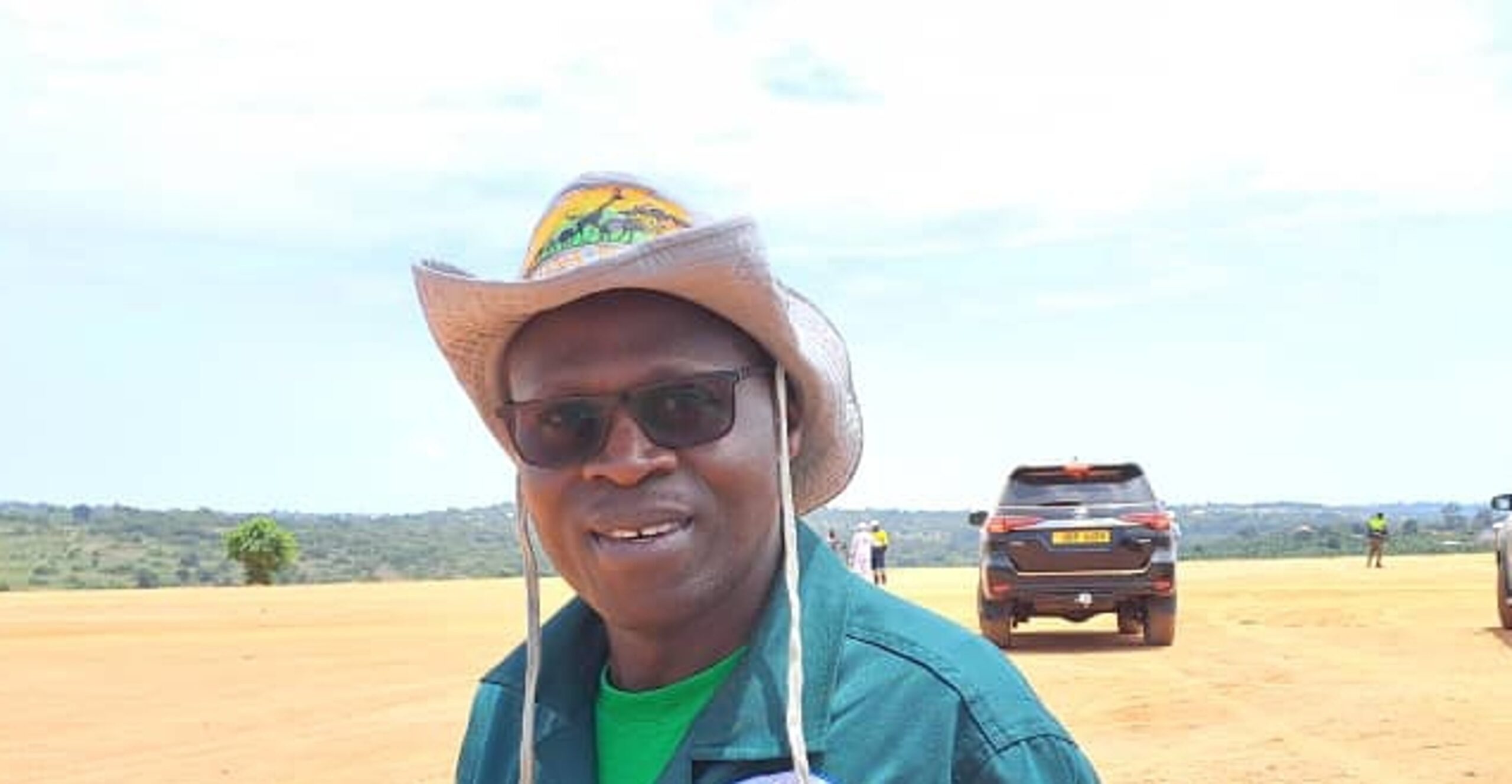Opinion
Uganda Tops the World in Aligning Biodiversity Strategies to the UN Framework: But Who is Telling Ugandans?
By William Lubuulwa
News from the ongoing UN Biodiversity negotiations in Colombia indicates that Uganda has been praised for leading the world in aligning its National Biodiversity Strategies with the UN Biodiversity Framework.
This is a remarkable achievement, considering the country’s pressing challenges, including poverty, environmental degradation, and perpetual limited resources. While the news is cause for national pride and jubilations, there is one question my mind is struggling with: who is telling the Ugandan people about this?
These high-level meetings, where critical decisions about the future of the livelihood of humanity are made, are essential for all countries, especially those that depend heavily on biodiversity for food security, and other livelihoods. But what is good in attending these global events if the information stays locked in foreign conference rooms, and the rest of the country stays in the dark?
Why Developing Countries Must Show Up
Governments, particularly from poorer nations, have a major stake in transnational biodiversity discussions. Their ecosystems are often the most fragile, and their economies, reliant on agriculture, fishing, and forestry, are most vulnerable to climate change and environmental degradation. Attending these meetings ensures that their voices are heard and that global strategies reflect their unique needs. It is good that Uganda’s voice has been heard.
Uganda’s wetlands, forests, and national parks are home to iconic species like the mountain gorilla and African elephant. These resources fuel the tourism industry, generate income for local communities, and serve as vital carbon sinks, among the many benefits. If Uganda is to protect these treasures and combat climate change, its presence at global discussions is non-negotiable. That is why the numbers of our delegations to such events never disappoint.
Attendees Who Forget Where They Come From
Uganda has consistently sent delegations to these global gatherings, from the UN biodiversity conferences to climate change summits. This is a great plus! While our international performance is commendable, the benefits of these trips rarely trickle down to the very people who should care the most. Ugandans back home hardly hear a word from such representations. Usually no summaries, no traceable reports, and no community meetings explaining the outcomes or how these decisions impact our daily lives.
In an almost satirical twist, some of us left at home could picture the scene: Ugandan officials dressed in fine outfits, discussing policy papers in air-conditioned rooms, exchanging business cards, and shaking hands with foreign dignitaries. Meanwhile, the farmers in Busoga, Kigezi, name it, who depend on biodiversity for crop pollination, and the fishermen in Kasenyi, who rely on Lake Victoria’s health for their livelihoods, continue their work – unaware of the fact that policies affecting them are being designed thousands of miles away.
The Disconnect Between Delegates and Citizens
The disconnect between government delegations and the people they represent leaves Uganda in a very peculiar situation. It is like sending your most trusted communicators to represent you in a prestigious world communicators competition, only for them to return with no explanation of how they fared or what they learned, if any.
A friend once mused me that instead of these meetings building national pride and consensus around environmental issues, many of them become exclusive events for those fortunate enough to attend. One could almost argue that some officials return home with little more than stamped passports, conference mementos, and recollections of gala dinners. Wouldn’t these memories be crowned with public engagements, media briefings, and community outreaches to explain what was achieved and how Uganda will benefit?
The Missing Ingredient
Uganda’s success in aligning its strategies with global biodiversity frameworks should be a rallying point for national action. Citizens need to be part of this conversation. After all, it is the ordinary Ugandan who must protect wetlands such as Lubigi and Awoja; who must stop deforestation, and adopt sustainable agricultural practices. For this to happen, delegates must improve transparency and accountability, ensuring that their international journeys translate into tangible benefits for the local people.
In fact, it is high time our representatives started acting as bridges between the global stage and the local realities in environment management. Just thinking that they report back to Parliament is a good thing. I think they do. And they should engage the media, and, most importantly, break down complex international agreements and environment jargons into simple terms that farmers, fishermen, and all Ugandans can understand.
My Modest Prayer
Moving forward, government should develop a structured communication approach to wrap-up such international engagements. Delegates should return with comprehensive localized reports for local policymakers, civil society, the media, and the muntu wa wansi like me. More importantly, these reports should not be buried in bureaucratic files; they should be shared widely from national to district to local communities.
In the spirit of transparency, Uganda should also invest in public education about the global biodiversity framework. Local leaders should be engaged to explain how these international decisions affect daily life and why it is important for citizens to support conservation efforts. Without grassroots involvement, these global strategies are nothing more than documents gathering dust in government offices.
Conclusion
Uganda deserves applause for leading the world in aligning its biodiversity strategies with international frameworks. It is time for the government to match this global success with domestic action. I believe the National Environment Management Authority (NEMA) is taking very good steps in the desired direction. After all, NEMA knows so well that there is no point of a country being a global environmental leader if lay citizens don’t even know about it.
We hope that when Uganda’s elite delegation jets back from this UN meeting, they return with ideas, plans, and the will to involve every Ugandan in the fight to protect our environment.
Mr. Lubuulwa is the Senior Public Relations Officer at NEMA.


































1 Comment